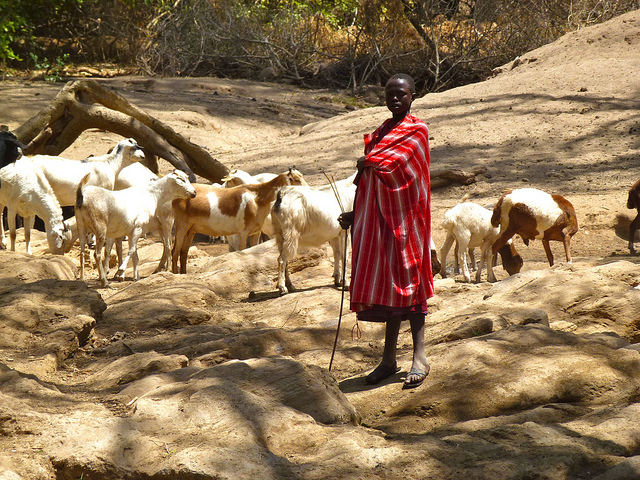
Many of today’s increasingly complex development challenges, from rapid urban expansion to climate change, disaster resilience, and social inclusion, are intimately tied to land and the way it is used. Addressing these challenges while also ensuring individuals and communities are able to make full use of their land depends on consistent, reliable, and accessible identification of land rights.
Despite improvements over the last few decades, land registries in many developing countries remain siloed and incomplete. Fewer than half of the world’s countries (and just 13 percent in Africa) have registered or mapped the private land in their capital city, let alone beyond its borders, and public land is often not registered at all. Fewer than a third of countries—and only two in Africa (Rwanda and South Africa)—maintain records digitally so that land can be effectively managed in the face of unprecedented levels of urbanisation and other environmental challenges. Widespread informality also leaves women and other vulnerable groups particularly susceptible to insecurity and loss of rights.
Changing this situation would unleash enormous gains. Transparency would surge as digital records become more reliable and harder to alter, forge, or lose, and as public services related to land are easily tracked. The poor and vulnerable would be freed from the burden of having to defend their property rights. Local governments would be able to turn urban land values into desperately needed revenues to pay for services and infrastructure. Companies and consumers would be able to trace responsibly produced products throughout the supply chain. And ready availability of data for land use planning, disaster preparedness, and early warning could help save lives and avoid unnecessary suffering.
The good news is that advances in technology are making it possible to comprehensively secure land rights in participatory and cost-effective ways that were unimaginable even a decade ago. Satellite imagery at increasingly high resolution and frequency is helping to link tenure to land use and identify gaps in land administration coverage. Cloud computing and open source software are allowing developing countries to transcend the limitations of their IT infrastructure. Some even argue that mobile phones and blockchain technology can securely record land rights where public authorities lack capacity and are not widely trusted.
Simultaneously, the Sustainable Development Goals are increasing the demand for the data that these new technologies can deliver. Countries are now expected to regularly report on the share of men and women whose land tenure is legally documented and perceived as secure. Linking gender disaggregated data with household survey, administrative, and spatial data will in turn make it possible for both international aid and domestic reform programs to be more results-oriented and evidence-based.
While the opportunities to leapfrog are real—as we’ve seen in countries as diverse as Uruguay, Pakistan, and Rwanda—technology is not a silver bullet. To the contrary, without local capacity to choose appropriate technologies, and without regulatory oversight to ensure security of data and protection of privacy, technology can foster exclusion and oppression rather than inclusion and empowerment. Governmental agencies that want to effectively tap into this new wealth of options while avoiding capture by special interests will need to adopt the right regulations, workflows, and performance standards, and ensure broad public awareness. Experience shows that large investments that are not preceded by such changes usually do little to benefit the general population.
To learn how countries are already making use of these new opportunities to secure land rights for all, 1,800 participants from government, civil society, the private sector, and academia representing 124 countries will meet March 19-23 for the 19th Annual World Bank Conference on Land and Poverty. Organised by the Bank’s Development Research Group, this event has long helped to catalyse the exchange of knowledge across borders, share the Bank’s wealth of knowledge and research on land, and explore ways to enhance the effectiveness of international support on an essential issue for countries’ development. For those not participating in person, over a dozen livestreamed sessions will cover topics like land use regulations, public acquisition of land, gendered land data, the SDGs, the potential of blockchain to increase trust and transparency, and many others.
This article originally appears on the World Bank Blogs website.


